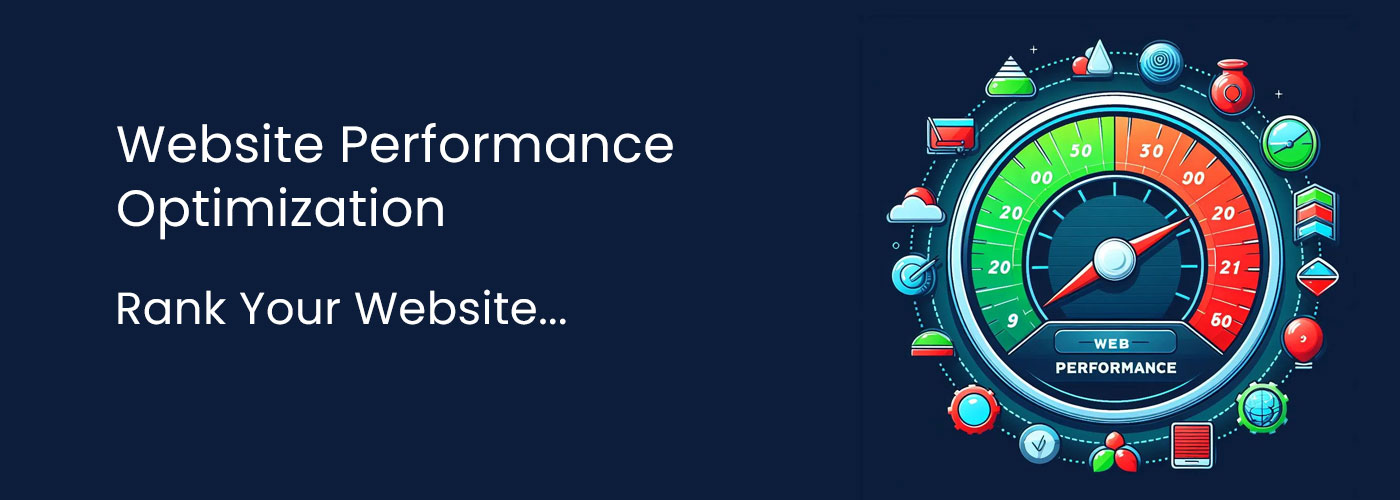Aytyapi Insights
Exploring the latest trends and updates in technology and lifestyle.
Bouncing Back: Why Performance is Your Website's Secret Weapon
Unlock your website's full potential! Discover how performance boosts traffic, engagement, and conversions in our latest blog post.
5 Key Factors That Make Performance Your Website's Secret Weapon
In today's digital landscape, the performance of your website is not just a technical consideration; it's a critical factor that can significantly influence user experience and search engine rankings. A fast-loading site keeps visitors engaged, reducing bounce rates and increasing the likelihood of conversions. According to studies, a mere one-second delay in loading time can lead to a drastic drop in customer satisfaction. This is why optimizing for performance should be a top priority for any website owner.
Here are 5 key factors that make website performance your secret weapon:
- Loading Speed: Ensure your site loads in under three seconds.
- Mobile Optimization: With increasing mobile traffic, responsiveness is essential.
- Image Compression: Use optimized images to reduce file sizes without sacrificing quality.
- Server Optimization: Choose a reliable hosting provider to enhance uptime and speed.
- Minification of Resources: Compress CSS, JavaScript, and HTML to improve load times.

How Slow Load Times Hurt Your Business: The Importance of Website Performance
In today's fast-paced digital landscape, slow load times can significantly hinder your business's performance and reputation. Research indicates that a mere one-second delay in page load can result in a 7% decrease in conversions, which could translate into substantial revenue losses over time. Furthermore, users today have high expectations for website speed; if your site doesn't meet them, they are likely to abandon their search and turn to competitors whose content is more readily accessible. This abandonment not only affects immediate sales but can also damage long-term customer trust and loyalty.
Moreover, website performance plays a crucial role in SEO rankings. Search engines like Google prioritize faster websites, meaning that a slow-loading site will struggle to gain visibility in search results. This can significantly decrease organic traffic, limiting your potential reach and influence within your target market. To maintain a competitive edge, businesses must invest in optimizing their websites to ensure quick load times. Achieving optimal performance is not just a technical requirement but a strategic necessity that can enhance user experience and drive overall growth.
Is Your Website’s Speed Costing You Customers? Discover the Impact of Performance
In today's digital landscape, where users have an abundance of choices, website speed plays a crucial role in determining whether potential customers will engage with your site or bounce to a competitor's. Studies indicate that a delay of just one second in page load time can lead to a 7% reduction in conversions. Consequently, slow websites not only frustrate users but also significantly impact your bottom line. If your site takes too long to load, you risk losing customers before they even explore your offerings.
Furthermore, search engines like Google prioritize fast-loading websites in their rankings. This means that a sluggish site is not only less likely to retain visitors, but it may also struggle to appear in search results, limiting your visibility. To enhance user experience and improve conversion rates, it is essential to conduct routine performance assessments and optimize your website's speed. By doing so, you can ensure that your visitors enjoy a seamless browsing experience that drives engagement and ultimately boosts sales.